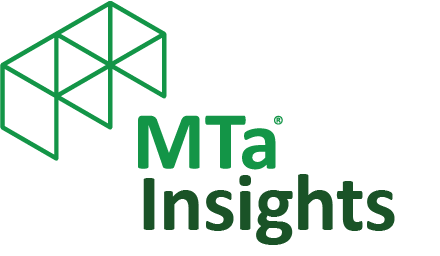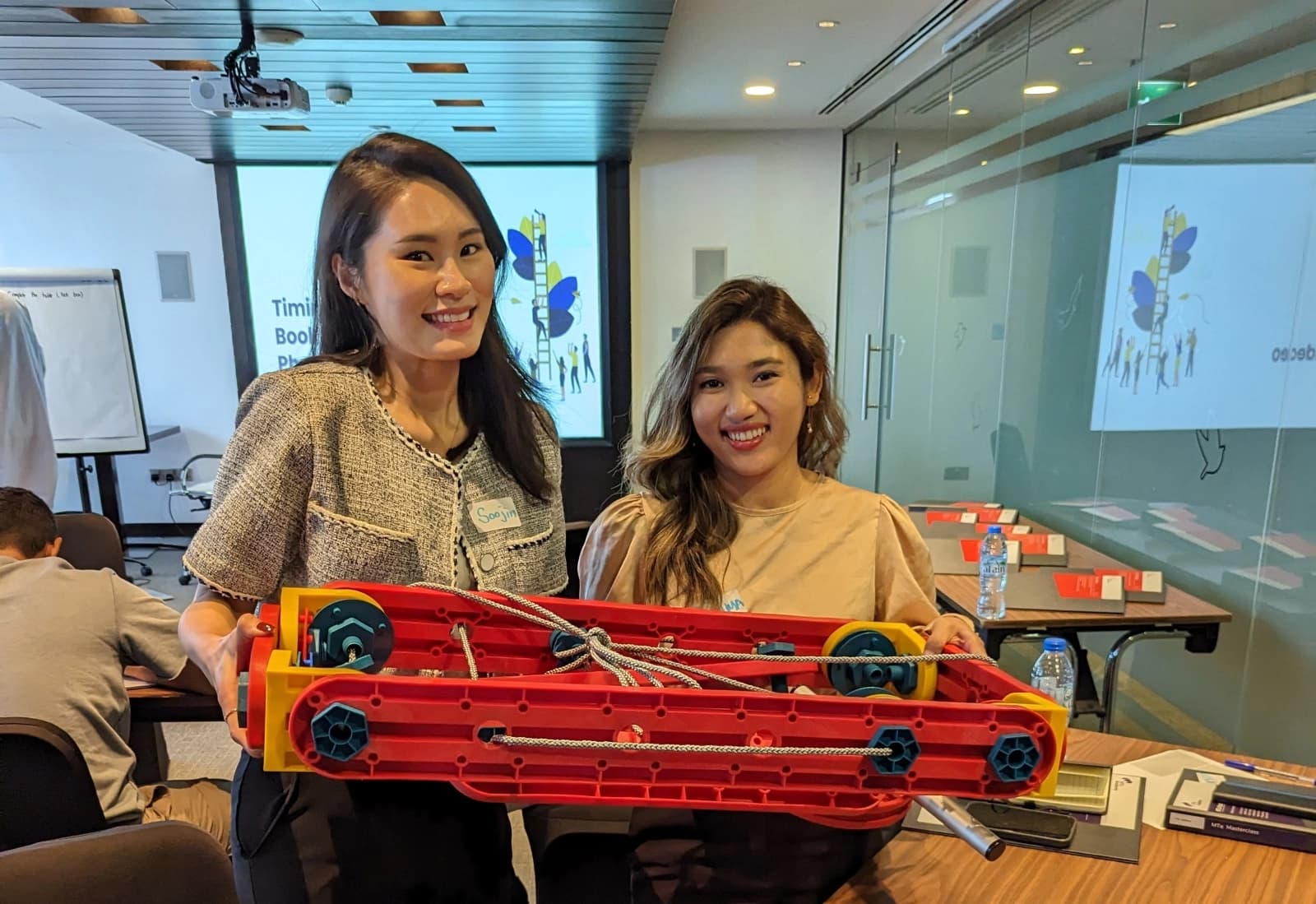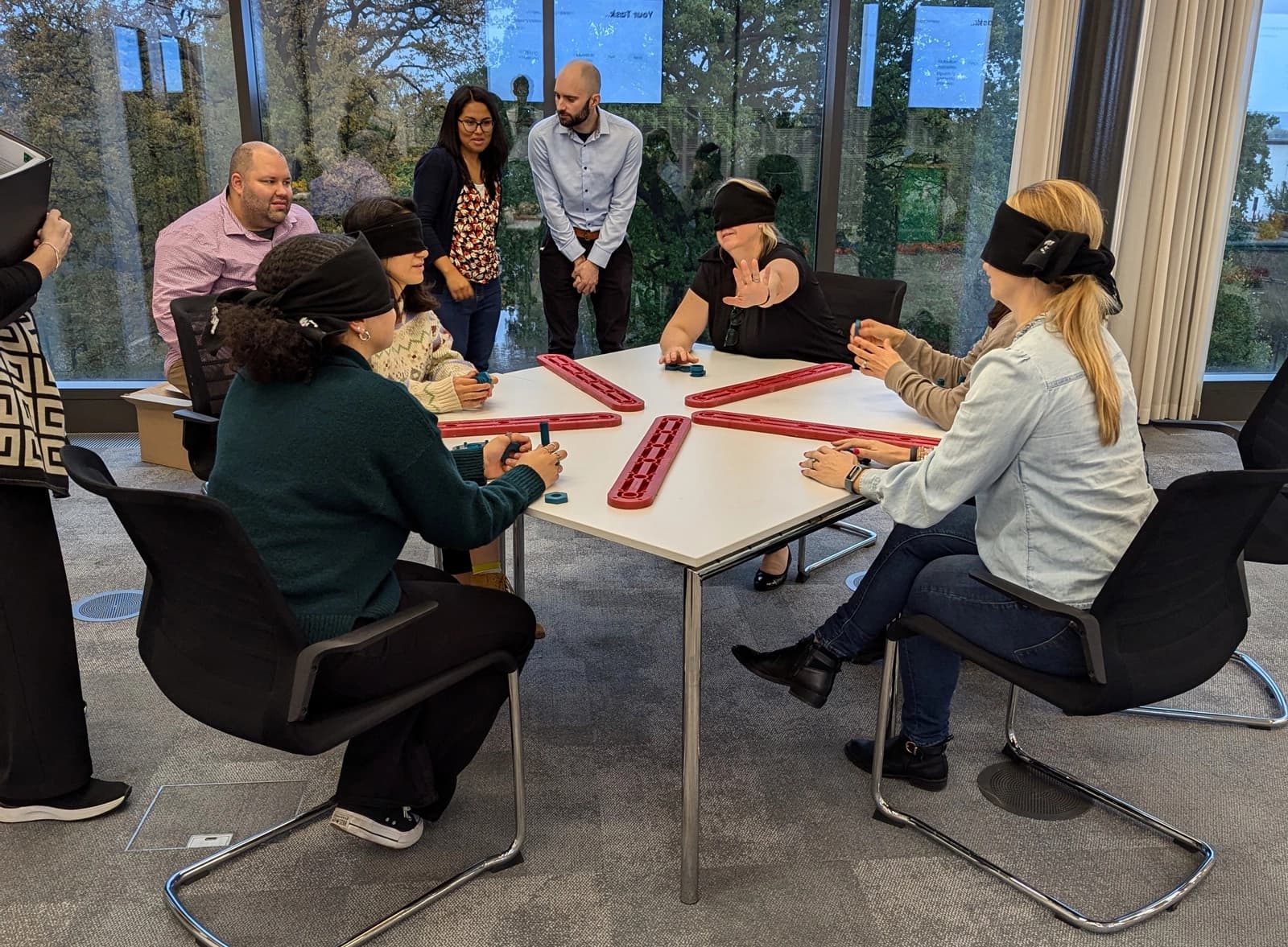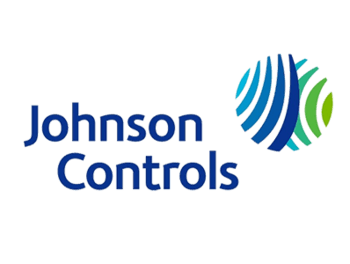MTa Insights

Desarrolla líderes. Impulsa la innovación. Mejora la comunicación
Este kit es el recurso definitivo para facilitadores. Un conjunto completo y potente de aprendizaje experiencial que contiene 53 actividades de alto impacto que generan una amplia gama de oportunidades de aprendizaje en áreas como habilidades de equipo, liderazgo, comunicación, resolución de problemas y gestión del cambio.
Verás que es increíblemente versátil y extremadamente flexible. Hay actividades que pondrán a prueba, desafiarán y estimularán a participantes de todos los niveles, desde aprendices hasta los líderes más senior. Las actividades varían desde rompehielos de 10 minutos hasta tareas de liderazgo de 3 horas.








Inspírate
¿Cómo utilizan otros facilitadores herramientas MTa? #TheMTaWay

Deutsche Bank, Brazil
Los equipos de alto rendimiento y los gerentes aspiracionales (HIPO) de Deutsche Bank utilizan MTa Insights.
Resultados: Cambio de mentalidad, pensamiento crítico, resolución de problemas e impulso a la innovación.

GE Healthcare, Japón
GE fue una de las primeras empresas en implementar actividades de MTa Insights en Japón.
Resultados: Desarrollo de liderazgo, habilidades de liderazgo, trabajo en equipo.

PwC Academy, Dubai
PwC facilitó dos días llenos de acción con aprendizaje gamificado de alto impacto para Nakheel Real Estate. #trainedbypwc
Resultados: Colaboración, resolución de problemas, pensamiento innovador.

Emiratos,Global.
Emirates utiliza MTa Insights en sus operaciones para mejorar la atención al cliente, la comunicación e incluso como parte de la formación y evaluación inicial de pilotos.
Resultados: Liderazgo, resolución de problemas, comunicación y pensamiento crítico.





















Resolviendo tus desafíos
Es perfecto para ti
Si eres un facilitador que se beneficiaría de actividades experienciales atractivas y profesionales.
¿Qué incluye?
Recibirás 240 componentes de MTa Insights, junto con guías del facilitador, guías para participantes y preguntas de reflexión para las 53 actividades experienciales. Todo en 2 maletas de viaje elegantes.
¿Cuándo usarlo?
Utiliza estas actividades de desarrollo de equipos para:
Construir equipos sólidos
Diagnosticar equipos disfuncionales
Mejorar el rendimiento del equipo
Es perfecto para ti
Si eres un facilitador que se beneficiaría de actividades experienciales atractivas y profesionales.
¿Qué incluye?
Recibirás 240 componentes de MTa Insights, junto con guías del facilitador, guías para participantes y preguntas de reflexión para las 53 actividades experienciales. Todo en 2 maletas de viaje elegantes.
¿Cuándo usarlo?
Utiliza estas actividades de desarrollo de equipos para:
Construir equipos sólidos
Diagnosticar equipos disfuncionales
Mejorar el rendimiento del equipo

"MTa es mi producto preferido, realmente bien diseñado y muy adaptable."
Bill Robinson, Jefe de RR. HH. y Desarrollo de Liderazgo @ PwC Oriente Medio

Con MTa Insights, nunca deja de sorprenderme cómo podemos obtener resultados diferentes una y otra vez con la misma actividad, ya sea con un grupo diferente o incluso con el mismo grupo de personas.
Martin Cahill, Gerente de Operaciones de Servicio y Formación, ASSA ABLOY Entrance Systems

Todas las interacciones que he tenido con el equipo de MTa han sido excelentes y los productos son fantásticos… ¡¿qué más podría pedir?!
Maz Walters - British Gas

"MTa es mi producto preferido, realmente bien diseñado y muy adaptable."
Bill Robinson, Jefe de RR. HH. y Desarrollo de Liderazgo @ PwC Oriente Medio

Con MTa Insights, nunca deja de sorprenderme cómo podemos obtener resultados diferentes una y otra vez con la misma actividad, ya sea con un grupo diferente o incluso con el mismo grupo de personas.
Martin Cahill, Gerente de Operaciones de Servicio y Formación, ASSA ABLOY Entrance Systems

Todas las interacciones que he tenido con el equipo de MTa han sido excelentes y los productos son fantásticos… ¡¿qué más podría pedir?!
Maz Walters - British Gas
Compra con confianza
Entrega gratuita a nivel mundial
Envío exprés a tu dirección
Una inversión duradera
Obtendrás acceso ilimitado a los recursos de aprendizaje de MTa
Garantía de devolución
Política de devolución de 28 días, compra con confianza
Soporte experto
Un facilitador con experiencia siempre estará disponible para responder tus preguntas
Comience con una conversación
Así es como muchos facilitadores comienzan su viaje con las herramientas de aprendizaje de MTa: una breve charla con un experto de MTa te ayuda a descubrir las actividades adecuadas y a obtener respuestas a tus preguntas.
